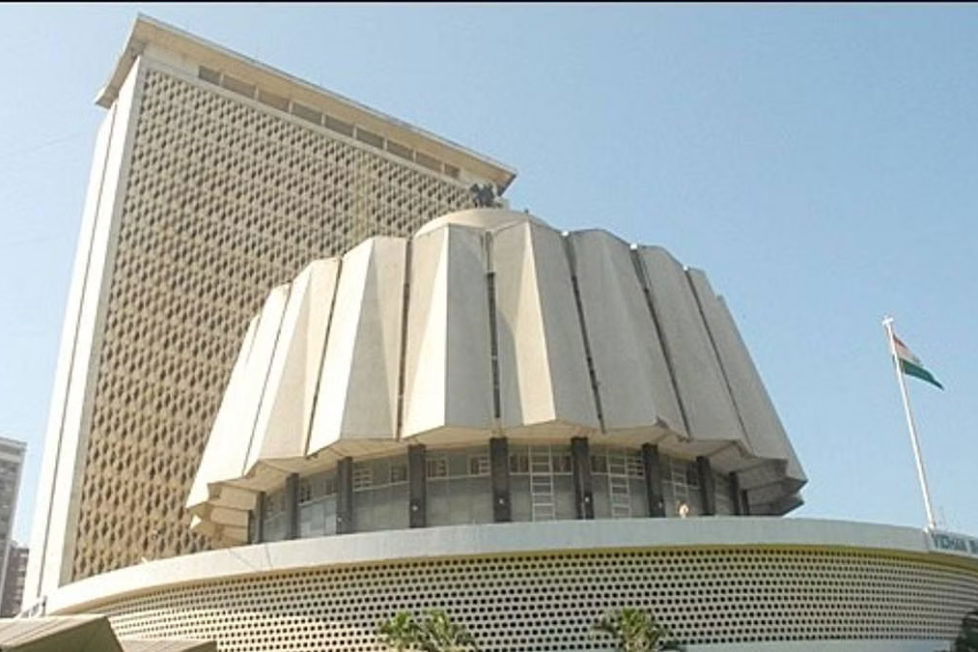Maharashtra Vidhan Sabha 2024: The Triumph of A Declared Strategy


In my class of seventh grade there was a girl named Megha. For whatever reason, it became a common joke in our class to blame her for everything.
“Students! Who among you has taken the duster?”
“Ma’am, Megha!”
“Who will volunteer to get chalks from the staff room?”
“Ma’am, Megha!”
The EVMs are the electoral variant of Megha, for the poor things are blamed by the parties now in national opposition whenever they fare poorly in any election.
It is a fact of considerable notoriety that public memory is short. Certainly so in India. Either these opposition parties themselves suffer from the same, or, they have good memories indeed but are betting on short public memory. Thus do they hope, futilely, perhaps, that their fulminations against the EVMs find mass purchase.
By the time one week has elapsed since an event, it is likely to have gone through a steady attenuation of hold over public memory. What to speak in November of what betided in June? And I am not referring to 04 June 2024 — which is among the handful of events that would long be remembered — but to what happened a few days thence.
Mr. Fadnavis was addressing a gathering of BJP workers. He spoke for about half an hour, the most part of which was the recitation of statistics. No spectacular victory, he thereby sought to convince the audience, was stamped over the Maha Vikas Aghadi’s performance in Maharashtra’s seats to the Lok Sabha. The difference in voting percentage, he said, was rather slim (0.3%).
What he said next was of importance: if the Mahayuti could succeed in getting but 1.5% to 2% more votes, it could sweep the Vidhan Sabha elections. ‘Sweep’ was the word specifically used. Plans were formed, and the Mahayuti swung into action.
Precisely such action was missing from the Maha Vikas Aghadi.
Mr. Ganesh Vasant Torsekar, a veteran Marathi political commentator, says that Mr. Sharad Pawar loathes Mr. Fadnavis not because the latter is a Brahmin, but because he sees one-and-a-half times himself in the latter. Fadnavis cannot be brought under his wing. I add that, though such knowledge possibly rests deep in the seasoned leaders of the Maha Vikas Aghadi, they are unwilling to admit this to themselves. So it is that they did not take him seriously, and suffered as a result.
Had the MVA formed a counter-strategy, perhaps they would not have suffered such a rout. The Mahayuti could still have won a majority, but the numbers might have been far closer. We saw instead signs of infighting within this coalition. Uddhav Thackeray wanted declared the chief ministerial face even before seat distribution. The Congress refused. No such tension was discernible with the Mahayuti.
There seems now to exist broad agreement over the fact that many Muslim and Dalit votes helped the MVA in the Lok Sabha elections. Conceivably, these could not be retained by the alliance. They went to AIMIM and the Bahujan Vanchit Aghadi, which is usual for state-level elections. From this, too, proceeded the dip in voting percentages for the MVA.
But when a light quip about the ‘Megha’ of Indian elections steadily becomes the lone and serious answer, introspection bites the dust.
Unfortunately, a search for the event on YouTube, in which Mr. Fadnavis was reciting the statistics, yields no result. It has now been buried deep. News of the Vidhan Sabha results dominates, and such news is found even should Lok Sabha specifically be looked up. The best I retrieve from those months is the press conference in which Mr. Fadnavis offered to resign, which preceded the aforesaid event by a few days. Alone of the news sources readily available, this offers at best a straw’s grasp of the event.
DISCLAIMER: The author is solely responsible for the views expressed in this article. The author carries the responsibility for citing and/or licensing of images utilized within the text.
